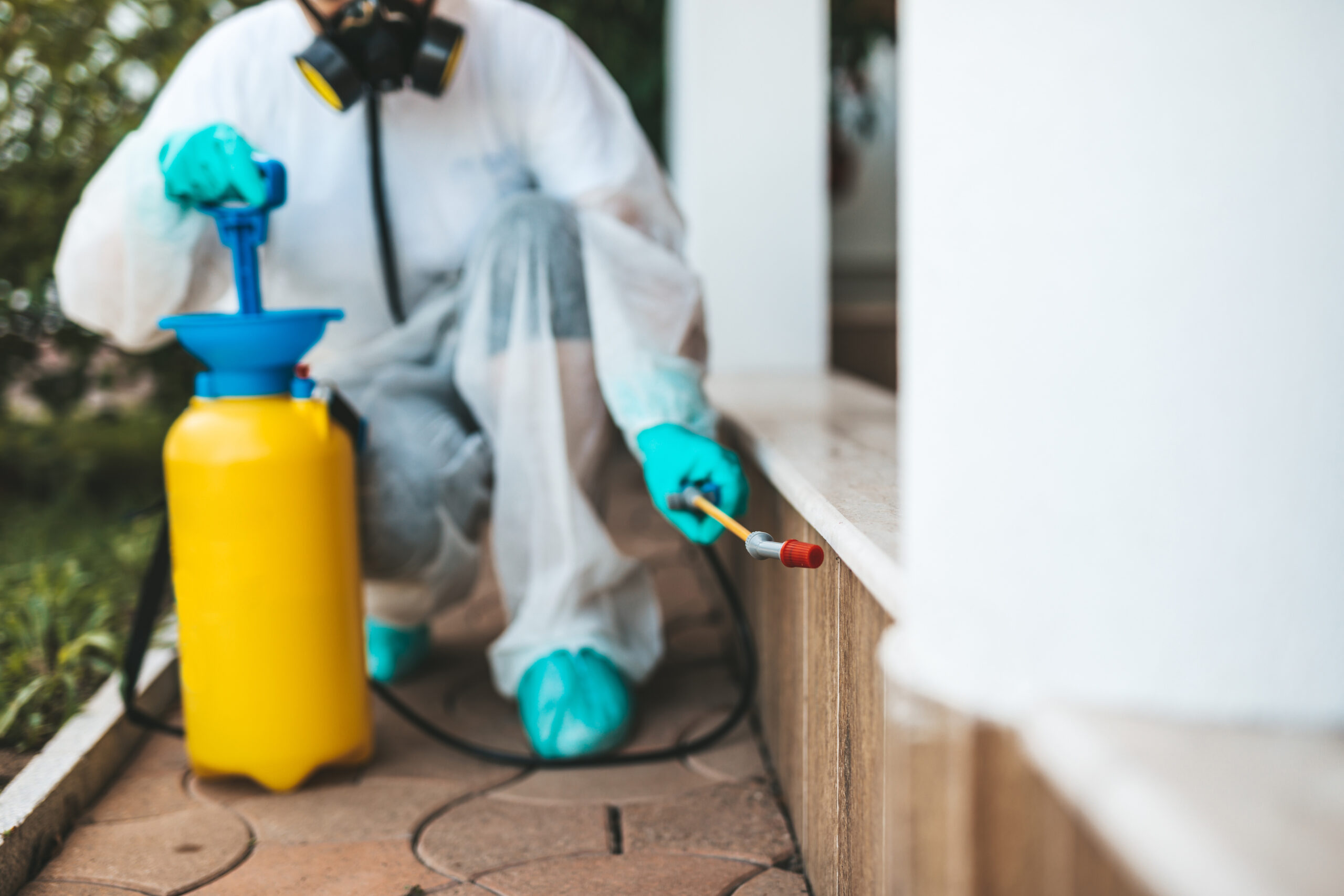Affordable Ant Control Solutions: Maintain Your Area Ant-Free
Ecological Influence of Bug Control: Harmonizing Efficiency With Sustainability
The ecological impact of insect control is a crucial concern that needs a delicate balance in between achieving effectiveness in taking care of pests and making sure sustainability of our ecosystems. From the use of dangerous chemicals that permeate into our soil and water to the unplanned consequences on non-target types, the effects of conventional insect control practices are significant.
Unsafe Chemicals in Bug Control
The utilization of damaging chemicals in bug control positions considerable ecological and wellness threats that call for mindful consideration and reduction approaches. Chemicals, pesticides, and herbicides are frequently utilized to eliminate insects, but their widespread application can bring about unintended effects. These chemicals can infect dirt, water sources, and the air, affecting not just the targeted bugs however likewise valuable bugs, wildlife, and humans.

To deal with these threats, incorporated pest management (IPM) techniques are being advertised as a much more lasting option. IPM involves a mix of approaches such as biological control, environment adjustment, and the targeted use chemicals as a last resort (ant control mocksville nc). By adopting a holistic approach to pest control, we can lessen the environmental and wellness effects connected with damaging chemicals while efficiently managing pest populaces
Effect On Non-Target Species
Taking into consideration the unexpected repercussions of pest control approaches, the effect on non-target species is a critical element that requires detailed assessment. While pest control actions aim to target specific bugs, other microorganisms in the environment may be inadvertently influenced. Non-target varieties, including useful insects, birds, animals, and even plants, can suffer direct or indirect damage from chemical applications or organic control techniques.
Pesticides can have sub-lethal or lethal impacts on non-target varieties. For example, pesticides created to combat a specific insect bug may hurt pollinators like bees or all-natural predators such as ladybugs. In addition, chemical residues can gather in the atmosphere, affecting non-target microorganisms in time. In a similar way, biological control agents, otherwise species-specific, can present dangers to unintentional targets, disrupting the ecological equilibrium.
To minimize the influence on non-target varieties, incorporated parasite monitoring (IPM) methods that highlight an alternative technique to pest control are suggested. These methods prioritize making use of eco-friendly techniques, decreasing injury to useful organisms while efficiently handling pest populations. Conducting comprehensive risk evaluations and keeping an eye on the results of insect control efforts are crucial actions in guarding non-target varieties and advertising total ecological community wellness.
Dirt and Water Contamination
Unplanned ecological repercussions of bug control approaches prolong beyond impacting non-target species, with considerable effects for soil and water contamination - termite control services. Pesticides, herbicides, and chemical plant foods made use of in pest control can leach right into the dirt and ant control kernersville nc infect groundwater, positioning a danger to both terrestrial and water communities.
Water contamination is another important concern associated with pest control techniques. To minimize dirt and water contamination from pest control tasks, incorporated parasite monitoring approaches that focus on sustainability and lessen chemical inputs are crucial.
Air Contamination From Chemical Use
Direct exposure to airborne chemicals during farming applications poses a substantial concern for air contamination control measures. Furthermore, pesticide drift, where chemicals are lugged by the wind to unexpected areas, can lead to the contamination of neighboring communities and water bodies.

Approaches for Lasting Pest Control
In the realm of agricultural methods, carrying out lasting pest control strategies is critical for preserving eco-friendly equilibrium and safeguarding crop yields. Sustainable bug control emphasizes using eco-friendly approaches to manage pest populations successfully while lessening injury to non-target microorganisms and ecological communities. Integrated Pest Management (IPM) is a commonly embraced strategy that incorporates organic, social, physical, and chemical control approaches to attain lasting parasite monitoring services.
One trick approach in lasting parasite control is advertising biodiversity within agroecosystems. By boosting all-natural enemies of insects, such as parasitoids and killers, farmers can minimize the requirement for synthetic pesticides. Crop rotation and diversification are also efficient methods to interrupt pest life cycles and develop much less positive problems for bugs to flourish. In addition, making use of pest-resistant plant selections and employing strategies like catch chopping can help lower parasite stress without counting greatly on chemical interventions. Eventually, by integrating these lasting bug control methods, farmers can attain a balance in between pest administration effectiveness and ecological stewardship.
Final Thought
Finally, the environmental influence of insect control approaches should be carefully thought about to balance efficiency with sustainability. Hazardous chemicals made use of in insect control can cause soil and water contamination, air contamination, and harm non-target varieties - termite control. It is important to implement sustainable parasite control techniques to reduce these adverse effects on the setting and advertise a healthier ecological community for future generations
By embracing an alternative approach to pest control, we can lessen the ecological and health and wellness influences connected with hazardous chemicals while properly taking care of pest populations.

To reduce the air contamination triggered by pesticide usage, it is essential to take on integrated pest administration techniques that focus on the use of non-chemical parasite control techniques, such as crop rotation, natural killers, and immune crop varieties. Sustainable parasite control highlights the use of eco pleasant methods to handle bug populations effectively while decreasing damage to non-target organisms and ecological communities. Integrated Insect Management (IPM) is an extensively adopted method that integrates organic, social, physical, and chemical control methods to achieve lasting parasite administration remedies.